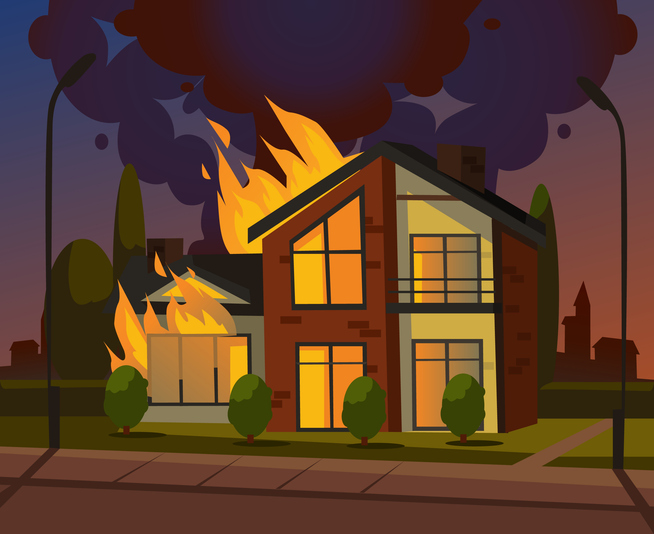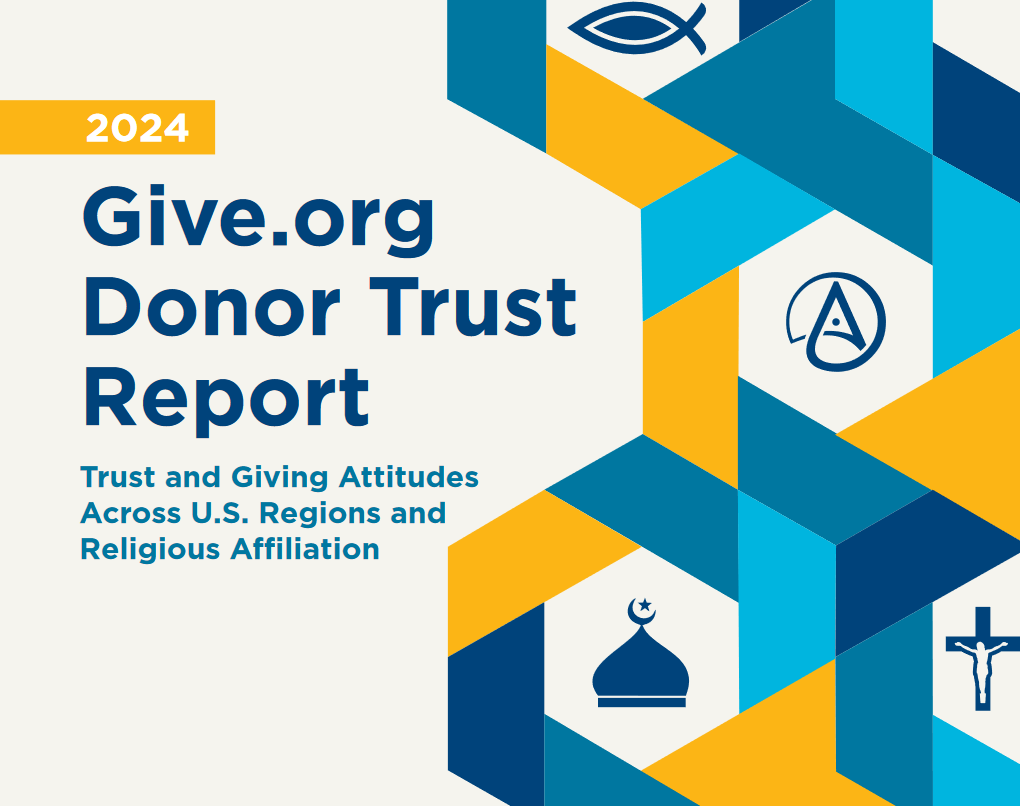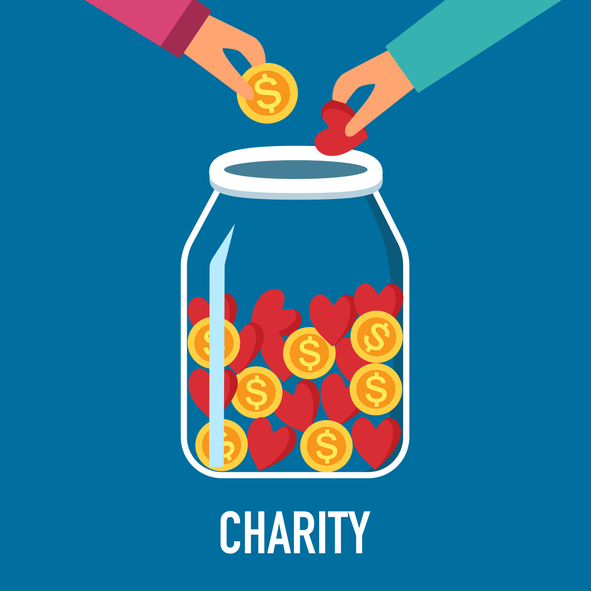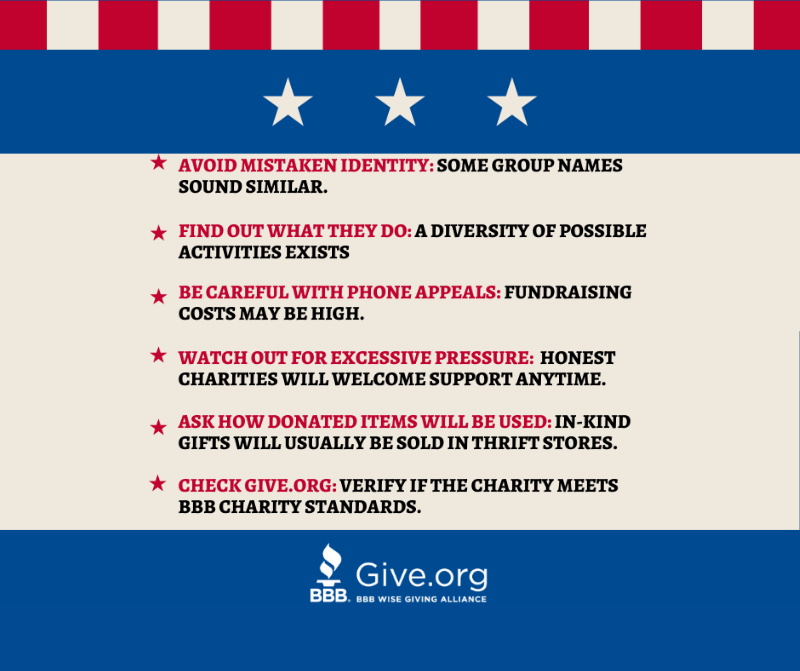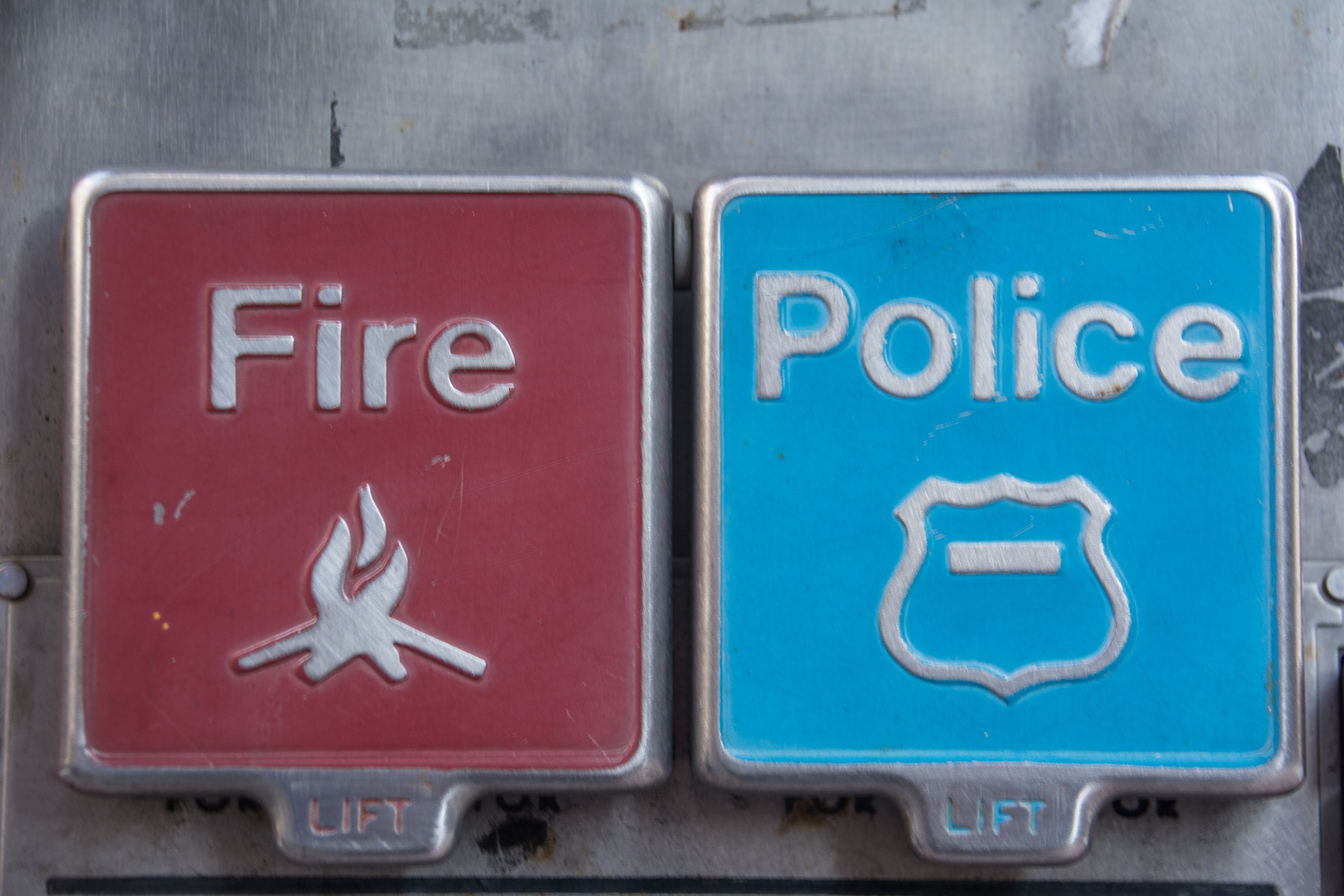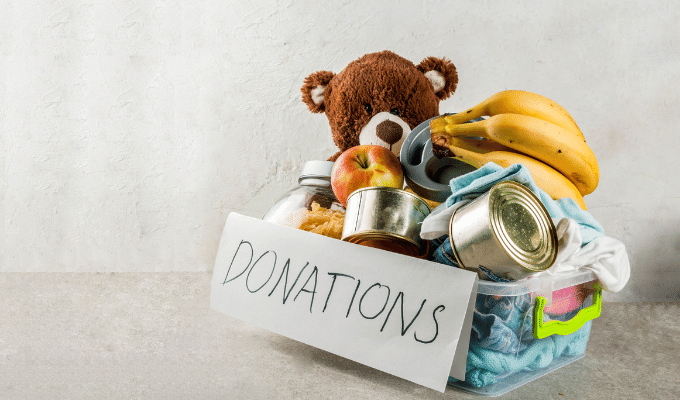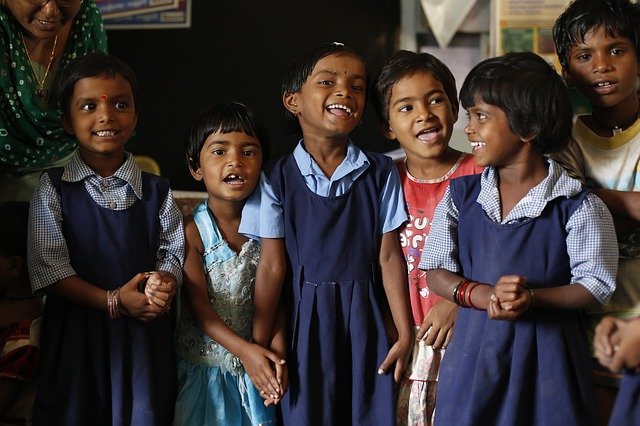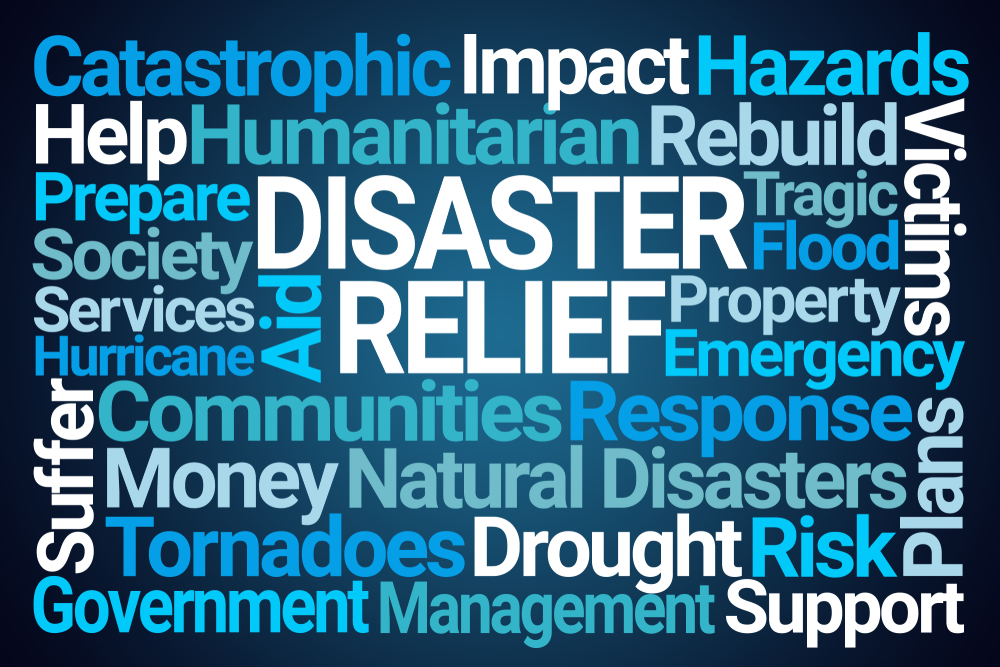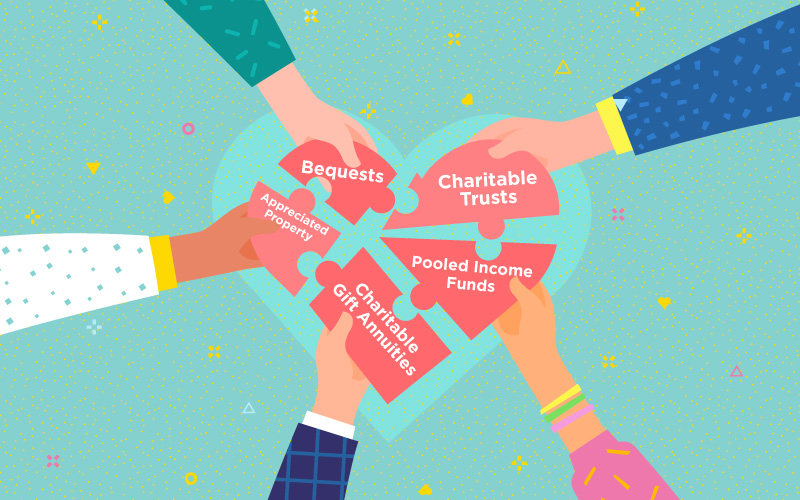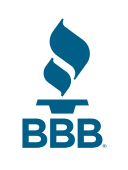BBB Wise Giving Alliance Offers Giving Tips Following Charleston Tragedy
Arlington, VA – June 18, 2015 – In the wake of the horrific shooting that killed nine people at the Emanuel African Methodist Episcopal Church in Charleston, South Carolina, BBB Wise Giving Alliance is warning about the potential for fund raising scams, and is urging donors to be aware of the different circumstances that often emerge in tragedy-related philanthropy.
“The hate crime that is being called the ‘Charleston massacre’ is such a shocking and emotional event,” said Art Taylor, president and CEO of BBB Wise Giving Alliance, the national charity monitoring arm of the Better Business Bureau. “Many people are going to want to donate to the families of the victims, the historic church, and the community. We are warning donors to be on the lookout for questionable solicitors and scammers, not to mention people who might have good intentions but no experience with charity fund raising.”
BBB Wise Giving Alliance urges donors to give thoughtfully and avoid those seeking to take advantage of the generosity of others. Here are BBB WGA’s tips for trusted giving:
1. Thoughtful Giving: Take the time to check out the charity to avoid wasting your generosity by donating to a questionable or poorly managed effort. The first request for a donation may not be the best choice. Be proactive and find trusted charities that are providing assistance.
2. State Government Registration: About 40 of the 50 states require charities to register with a state government agency (usually a division of the State Attorney General’s office) before they solicit for charitable gifts. If the charity is not registered, that may be a significant red flag.
3. Respecting Victims and Their Families: Organizations raising funds should get permission from the families to use either the names of the victims and/or any photographs of them. Some charities raising funds for the victims of previous shootings did not do this and were the subject of criticism from victims’ families.
4. How Will Donations Be Used? Watch out for vague appeals that don’t identify the intended use of funds. For example, how will the donations help victims’ families? Also, unless told otherwise, donors will assume that funds collected quickly in the wake of a tragedy will be spent just as quickly. See if the appeal identifies when the collected funds will be used
5. What if a Family Sets Up Its Own Assistance Fund? Some families may decide to set up their own assistance funds. Be mindful that such funds may not be set up as charities. Also, make sure that collected monies are received and administered by a third party such as a bank, CPA or lawyer. This will help provide oversight and ensure the collected funds are used appropriately (e.g., paying for funeral costs, counseling, and other tragedy-related needs.)
6. Advocacy Organizations: Tragedies that involve violent acts with firearms can also generate requests from a variety of advocacy organizations that address gun use. Donors can support these efforts as well but note that some of these advocacy groups are not tax exempt as charities. Also, watch out for newly created advocacy groups that will be difficult to check out.
7. Online Cautions: Never click on links to charities on unfamiliar websites or in texts or emails. These may take you to a lookalike website where you will be asked to provide personal financial information or to click on something that downloads harmful malware into your computer. Don’t assume that charity recommendations on Facebook, blogs or other social media have already been vetted.
8. Financial Transparency: After funds are raised for a tragedy, it is even more important for organizations to provide an accounting of how funds were spent. Transparent organizations will post this information on their websites so that anyone can find out and not have to wait until the audited financial statements are available sometime in the future.
9. Newly Created or Established Organizations: This is a personal giving choice, but an established charity will more likely have the experience to quickly address the circumstances and have a track record that can be evaluated. A newly formed organization may be well-meaning but will be difficult to check out and may not be well managed.
10. Tax Deductibility: Not all organizations collecting funds to assist this tragedy are tax exempt as charities under section 501(c)(3) of the Internal Revenue Code. Donors can support these other entities but keep this in mind if they want to take a deduction for federal income tax purposes. In addition, contributions that are donor-restricted to help a specific individual/family are not deductible as charitable donations, even if the recipient organization is a charity.
ABOUT BBB WISE GIVING ALLIANCE: BBB Wise Giving Alliance (BBB WGA) is a standards-based charity evaluator that seeks to verify the trustworthiness of nationally-soliciting charities by completing rigorous evaluations based on 20 holistic standards that address charity governance, effectiveness reporting, finances, fund raising, appeal accuracy, and other issues. Learn more about the 20 BBB Charity Standards and about local charity review at local Better Business Bureaus at Give.org.
ABOUT BBB: For more than 100 years, Better Business Bureau has been helping people find businesses, brands and charities they can trust. In 2014, people turned to BBB more than 165 million times for BBB Business Reviews on more than 5.4 million businesses and Charity Reports on 11,000 charities, all available for free at bbb.org.



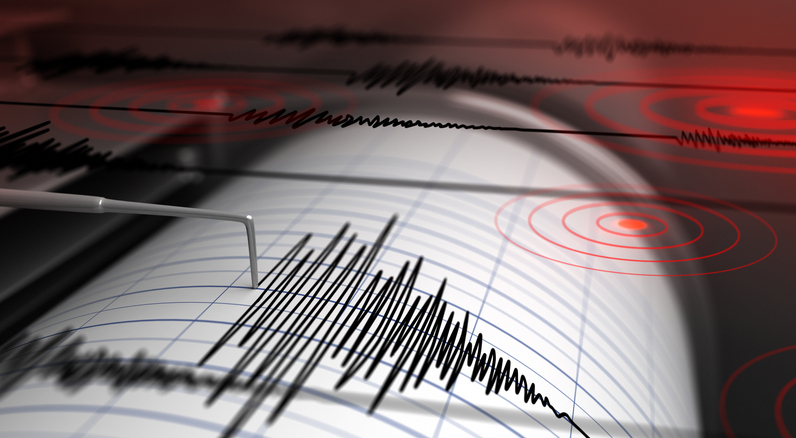
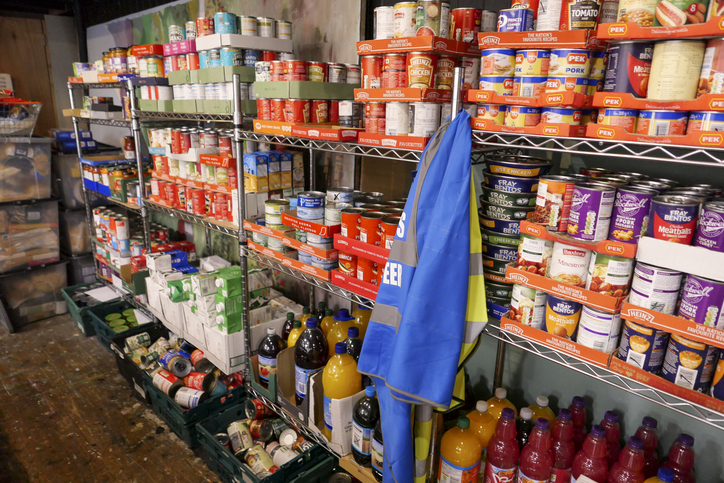




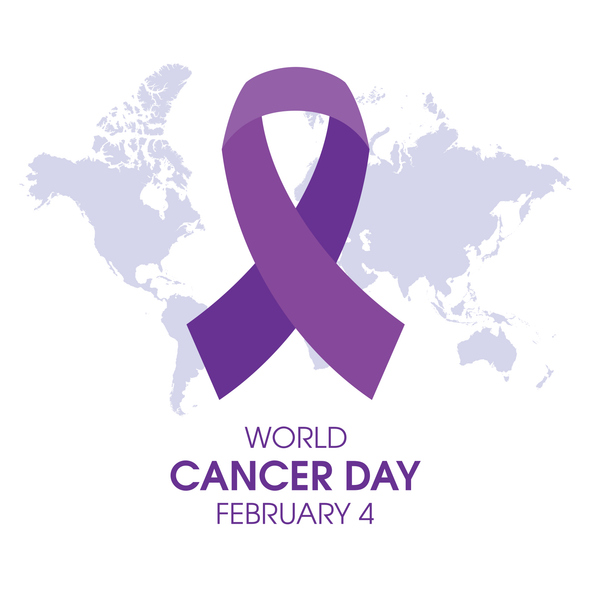
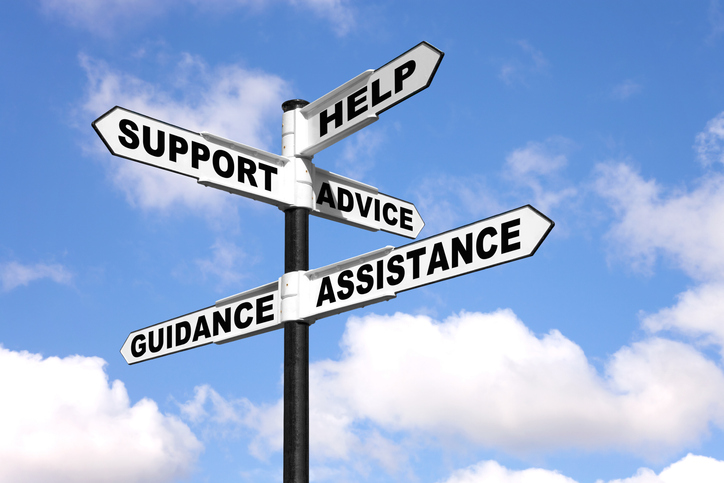

.jpg?sfvrsn=8073f1a5_0)
